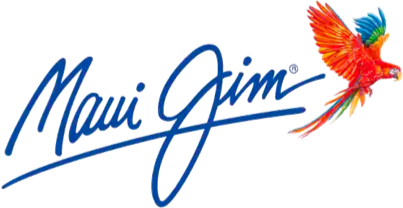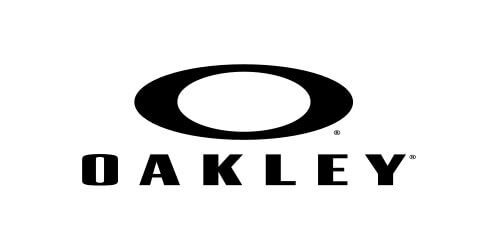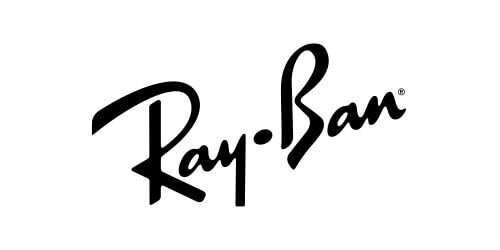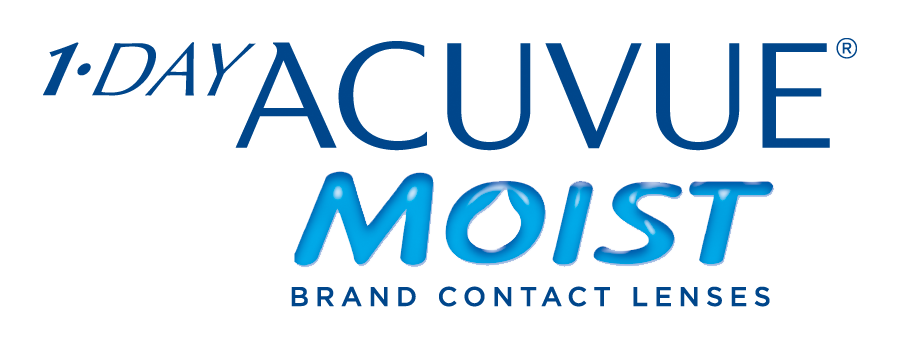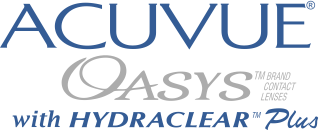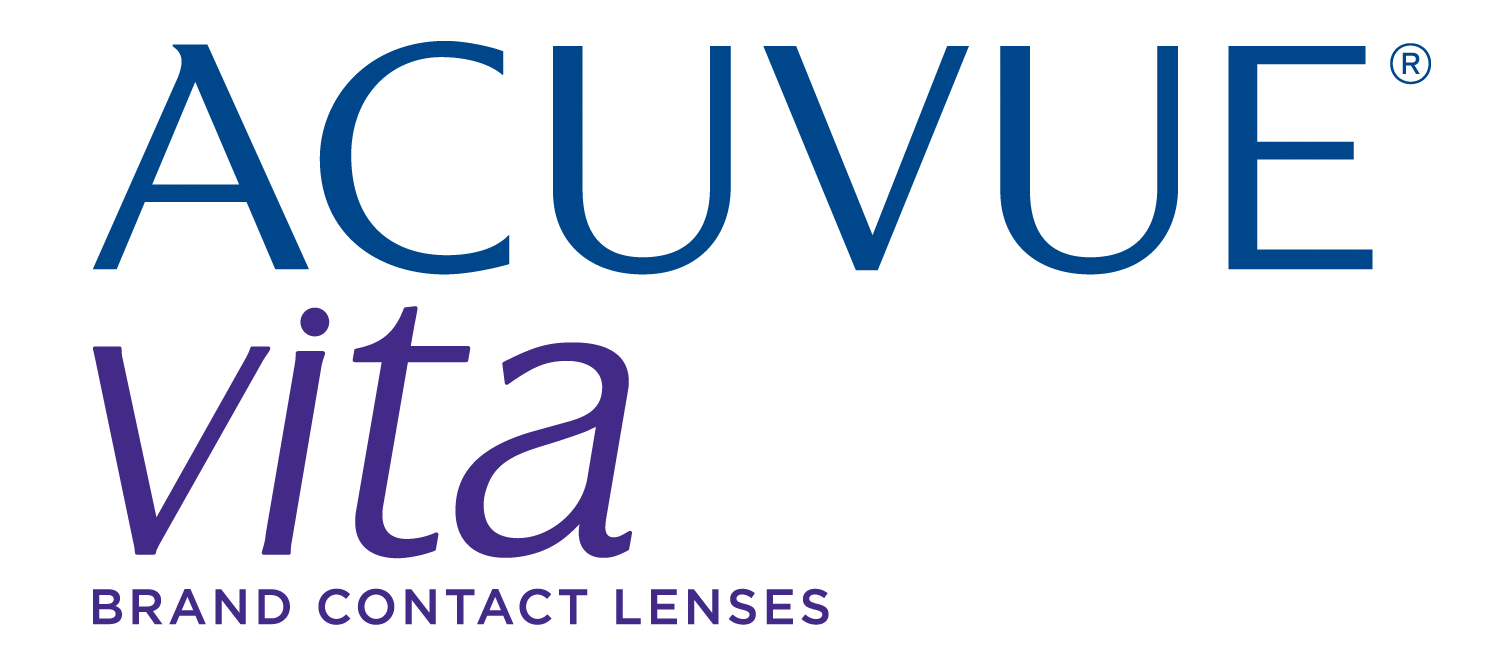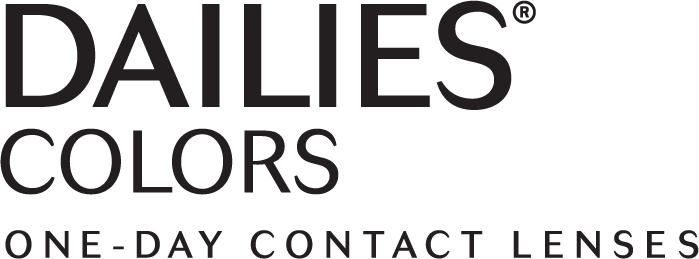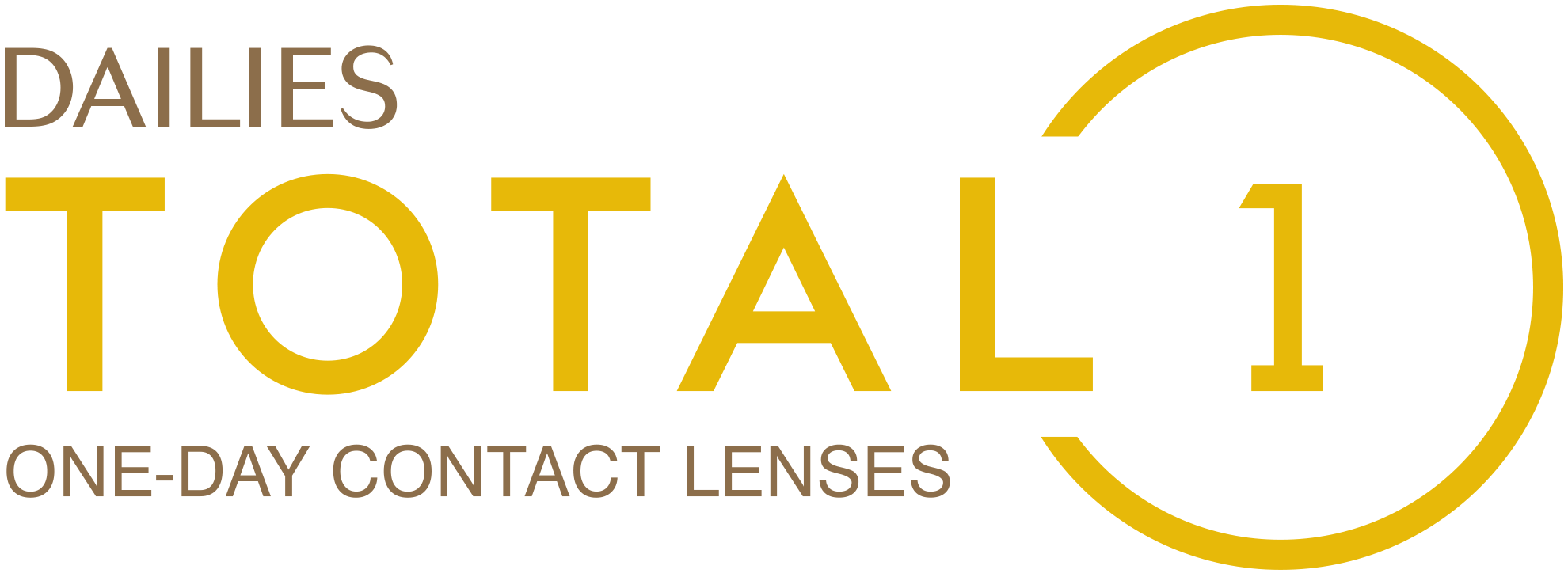Welcome to McDonald Optical
Since 1956, McDonald Optical has been the premier optical center in Iowa City. We are focused on providing only the highest quality products paired with individualized customer care. Our office is on the corner of Gilbert St and Hwy 6, right next door to Big Grove Brewery.

McDonald Optical Information
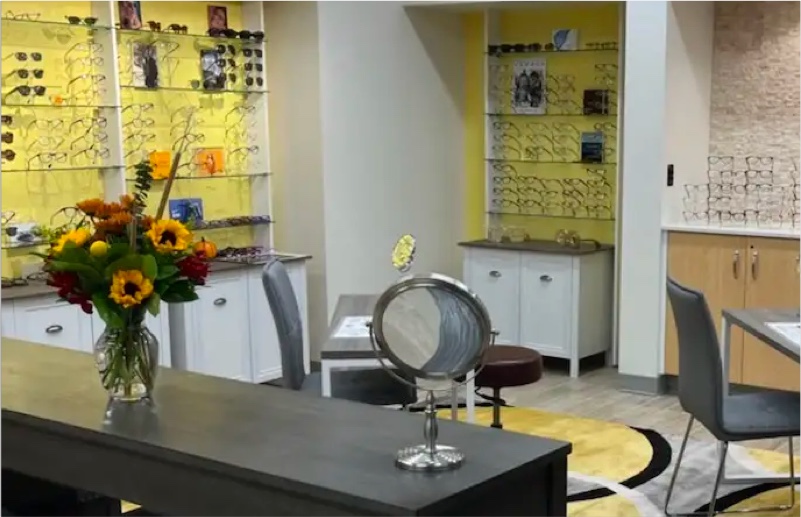
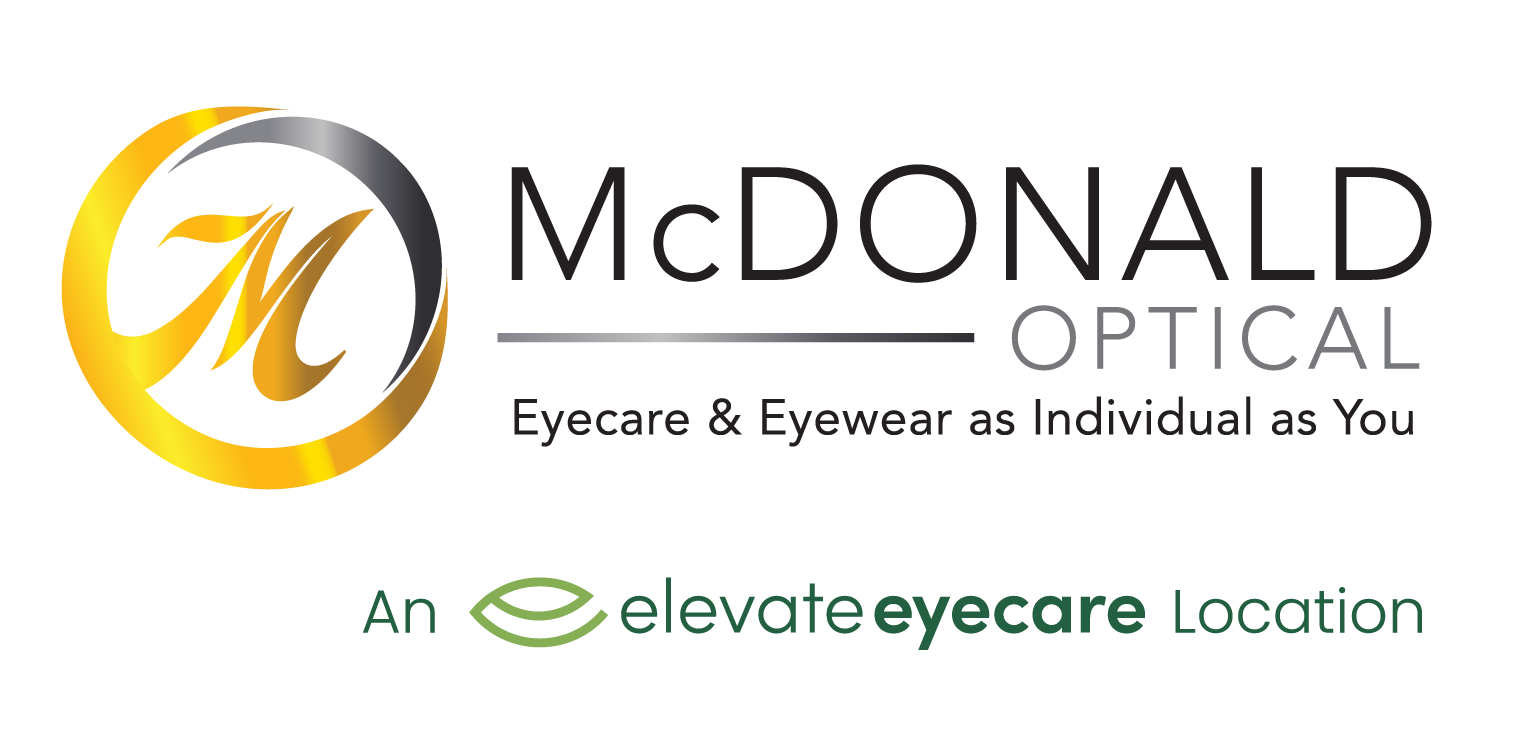
Hours
Mon: 10am-6pm
Tue: 10am-6pm
Wed: 10am-7pm
Thu: 10am-6pm
Fri: 9am-5pm
Sat: 10am-3pm
Sun: Closed
Follow Us
Brands
Stylish eyewear from
top designer brands
- Oliver Peoples
- Betsey Johnson
- Carolina Herrera
- Carrera
- David Beckham
- FLEXON
- FYSH
- Helium
- Juicy Couture Youth
- Kate Spade
- KLiiK
- Marc Jacobs
- Maui Jim
- MODO Eyewear
- Nike
- Oakley
- OGI
- OTP
- Paul Smith
- Prada
- Ray-Ban
Our most up-to-date
contact lens technology
- Alcon
- Johnson & Johnson
- Bausch + Lomb
- CooperVision
- Acuvue 1-Day Define
- Acuvue 1-Day Moist
- Acuvue 2
- Acuvue Oasys
- Acuvue Oasys MAX 1-Day
- Acuvue Oasys with Transitions
- Acuvue Vita
- Avaira Vitality
- Bausch + Lomb ULTRA
- Biofinity
- Biofinity Energys
- Biomedics 55 Premier
- Biomedics toric
- Biotrue ONEday
- clariti 1 day
- Dailies Colors
- Dailies Total 1
- Infuse
- MiSight 1 day
- MyDay
- MyDay Energys
- Precision 1
- Proclear
- Proclear 1 day
- PureVision
- PureVision2
- Silsoft
- SofLens
- Total 30
- Voyant 1-Day
- Voyant Monthly
- Voyant Premium
Meet the team
Our optometrists and opticians are here to match you to the right lenses and a perfect fit!
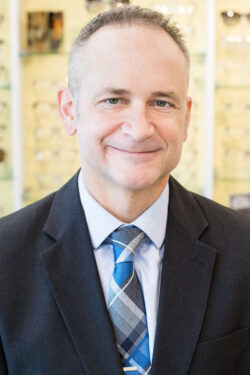
Dr. Brian Kirschling
Optometrist

Reid McDonald
General Manager

Becca Cox
Optician

Lauren Ensminger
Optician

Tera Washpun
Optician

Makayla Coutentos
Technician

Gloria Vega
Front Desk

Maggy Jellison
Front Desk






